
Without foster carers we wouldn’t be able to do what we do. They are the backbone to our agency and allow us to provide loving, supportive environments for young people to thrive.
Being a foster carer is a full-time, 24/7 job. Foster carers don’t have the luxury of clocking off at 5pm each day and then winding down on the weekends. They have chosen a role that requires them to give so much of themselves mentally, physically and emotionally on a daily basis. Many of the children and young people who come to Ascent have had a traumatic start to life which means they usually present extremely challenging behaviours that need extra care and attention in order to support them.
With that being said, as much as foster caring can be a rewarding experience, in the same breath it can also be a very demanding and draining role that takes a lot out of you. Which is why we think it is important to provide foster carers with a strong support system to guide them through their time as a foster carer. It doesn’t matter how experienced you are as a foster parent, you still need a network of support.
Here at Ascent Fostering Agency, we provide that support in a multitude of ways, ensuring that each of our foster carers have access to support that works for them. We host a fortnightly group supervision session, adopt an open-door policy where our carers can feel comfortable enough to drop in and speak to the team, organise social events annually and provide a calendar of training sessions each month. We encourage our foster carers to build connections with one another as it helps to know people who share similar experiences to you.
Having strong support from your family and friends can make all the difference. Action For Children spoke to foster carers in the UK and asked them to share the support they had received from family and friends. Simple gestures such as building connections with foster children, taking them out and helping out with homework can make all the difference to a foster carer. Friends and family are a reliable lifeline to our foster carers. They make a difference to vulnerable children by being available, reliable, and because they care.
Becoming a foster carer is a huge responsibility and having the right support network can make the journey a lot easier. As a fostering agency, we believe it is our responsibility to build a support framework to provide our carers with all the tools they need to help them on their fostering journey.
If you have been thinking about becoming a foster carer, or have questions about fostering you can join us at one of our Online Information Evening sessions, where you can learn more about fostering in South London and what it is all about. Sign up here to attend one of our sessions.



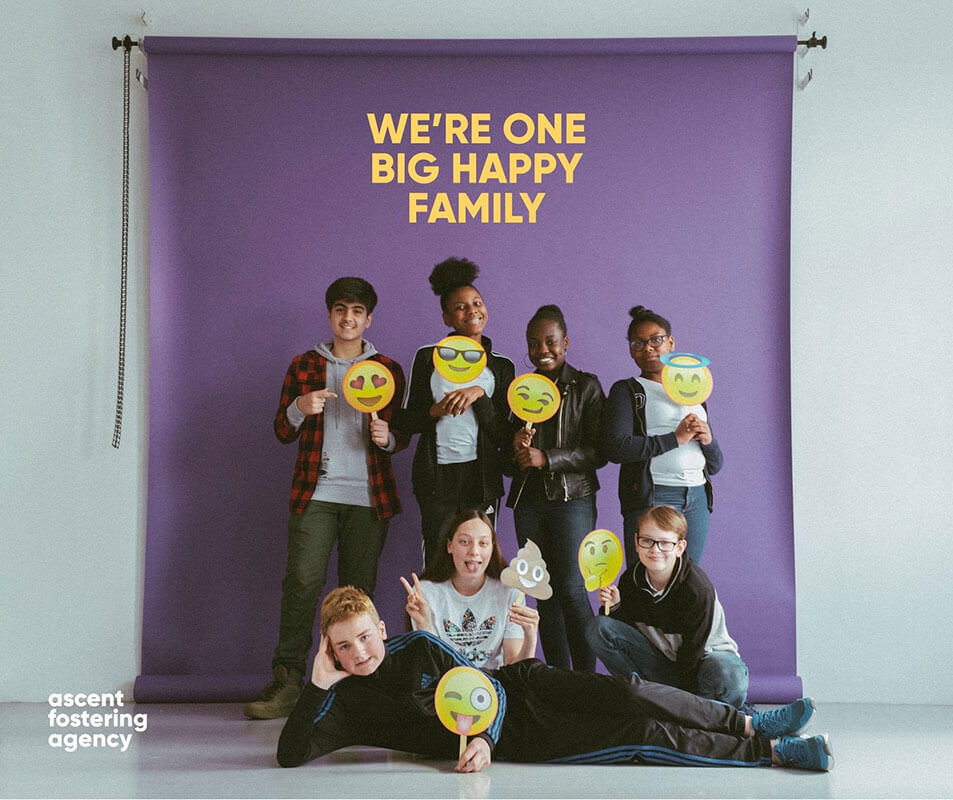


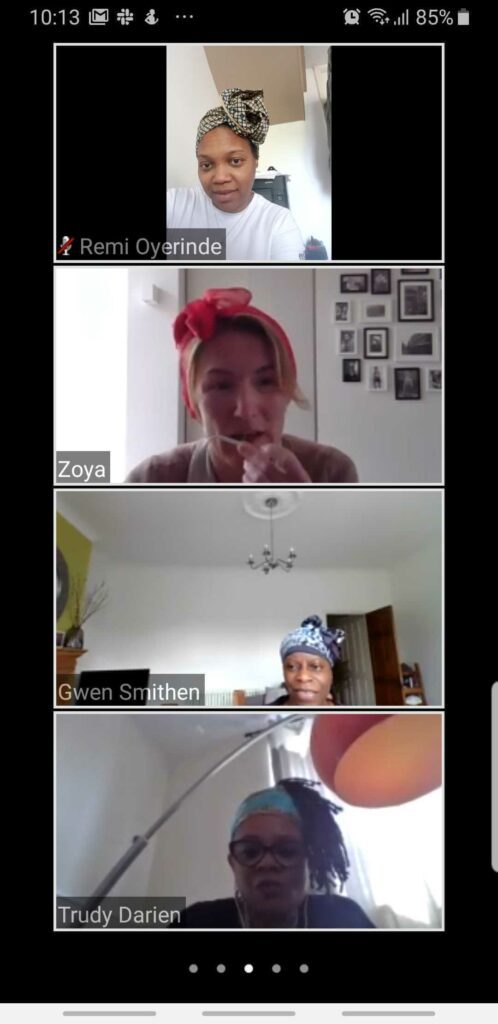
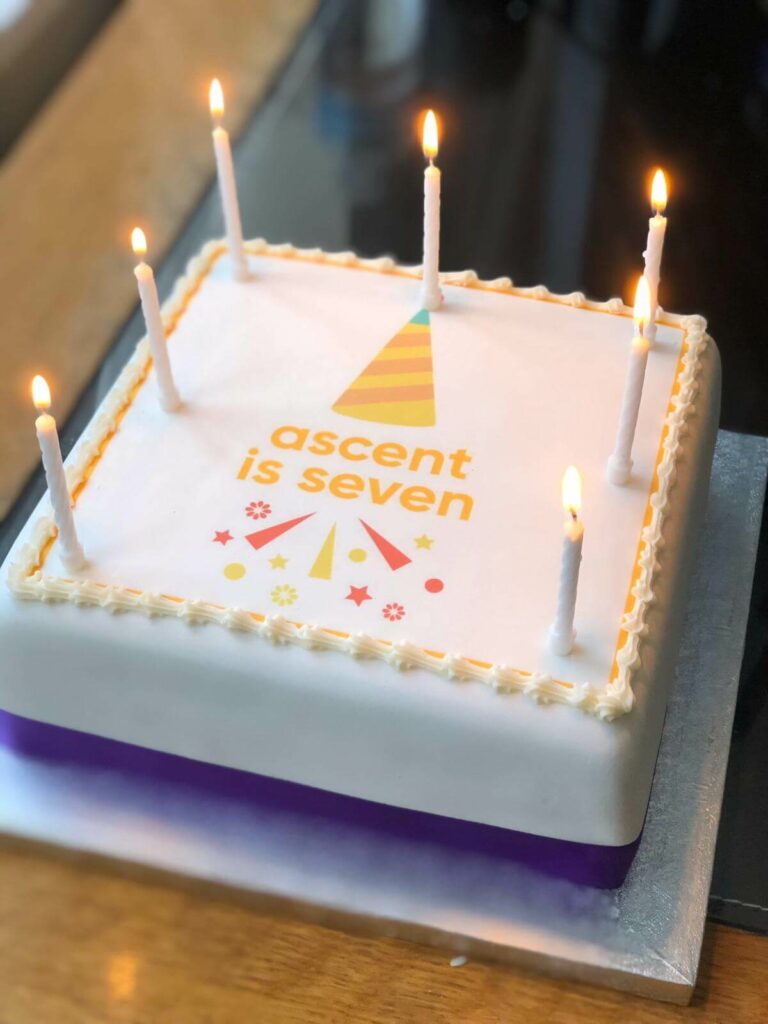
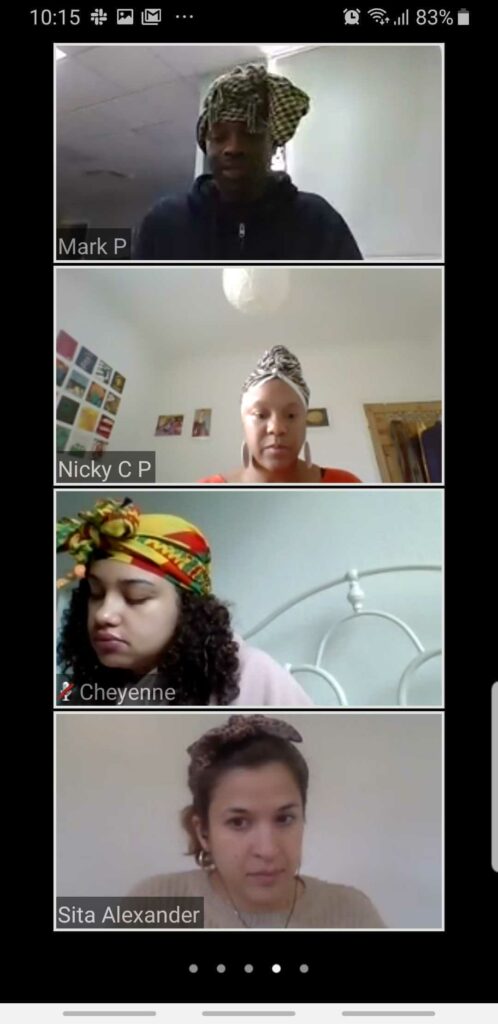


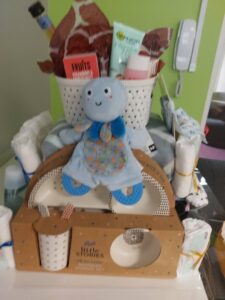

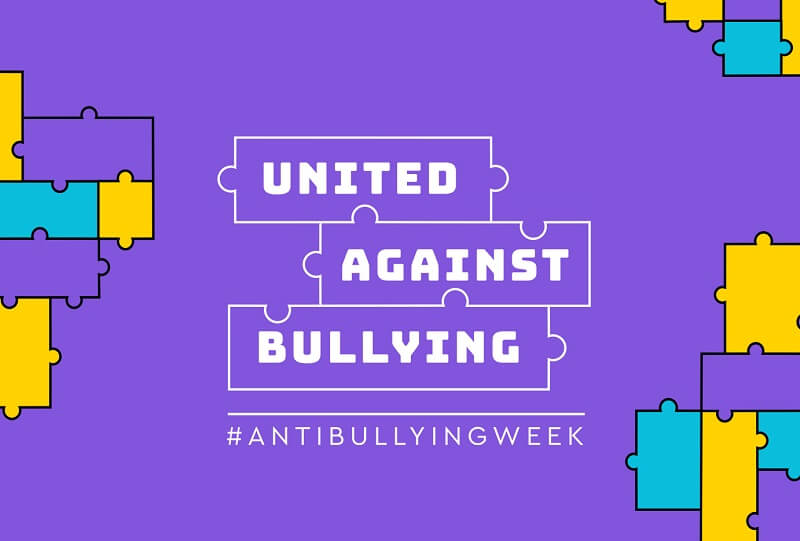


Recent Comments